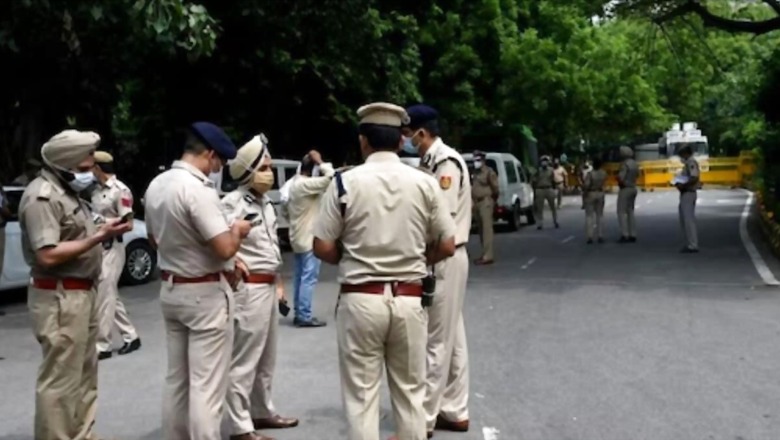
views
The 1994 murder case of Saranpal Singh Kohli and his family in Delhi’s Vasant Kunj area kept the city on the edge for decades. Though the passage of time did not dull the intrigue surrounding this brutal crime, the startling evidence – a seemingly ordinary purse – eventually unravelled the mystery and led to justice.
The Kohli family was ruthlessly murdered in January 1994, leaving no immediate clues for investigators. The perpetrator’s meticulousness in avoiding evidence initially stumped the Delhi Police. However, a breakthrough came from an unexpected source: a purse discovered in one of the victims’ pockets.
The purse, seemingly insignificant, became the linchpin of the investigation. Its discovery and subsequent forensic analysis revealed crucial details that turned the tide in the case. This seemingly minor item provided key insights into the identity and motive of the killer.
Superintendent Lalit Mohan Negi, who recently retired from the Special Cell of Delhi Police, was instrumental in piecing together the complex puzzle. His methodical approach and keen attention to detail played a pivotal role in the investigation. According to Negi, the purse’s contents included traces of DNA and other forensic evidence that linked the killer to the crime scene.
The case, which once seemed insurmountable, eventually saw justice as the killer was apprehended and brought to trial. The courtroom drama and the presentation of the evidence were critical in securing a conviction. Negi reflects on the case with a sense of achievement, noting how forensic advancements and thorough detective work turned the tide.
Talking about the case, Negi said, “On 22 January 1994, at 5 am, the Vasant Vihar police were alerted to a family murder at D-3/3122 in Vasant Kunj. I arrived at the scene with my team. Inside the house, we discovered the bodies of Saranpal Kohli, his wife, and their two young sons – aged 4 and 3 – lying in separate rooms.”
The investigation began with the challenge of identifying the murderer and tracing their steps. Saranpal Kohli worked as a sharecropper, so the police’s initial focus was on those connected to him. It became evident that the killer was likely someone who had trusted access to the home, as there was no sign of forced entry, Negi said.
During the interrogation, it emerged that two of Kohli’s employees, Ram Pal Singh Chauhan and Parminder Singh, had a close relationship with him. Further questioning of other individuals and employees confirmed the nature of their relationship. Consequently, the police detained both Chauhan and Singh. According to Negi, both of them were repeatedly changing their statements during interrogation.
“The investigation revealed that they had suspected Saranpal Kohli, who worked in shares, of having substantial amounts of money. However, when we searched for Saranpal’s investments, we found no evidence of this. Instead, we discovered a purse in the deceased’s pocket at the crime scene, which did not belong to him. This raised the question: who placed the purse in Saranpal’s pocket, and what was their motive? We learned that the purse was manufactured in Ghaziabad, and eventually, we managed to track down the company that produced it,” Negi further added.
“When we arrived at the warehouse in Ghaziabad where the purse had been stored, we discovered that the father of one of the accused, Rampal, worked there. Instead of depositing the purse in the warehouse, his father had kept it himself, and his son subsequently began using it. This provided an additional piece of evidence,” Negi said.
However, despite finding the fingerprints of both accused at the crime scene and recovering the weapon used in the murder, the police were unable to secure a conviction. “The court determined that there was no direct evidence linking the accused to the crime, and as a result, they were released on the grounds of benefit of the doubt,” he added.
Negi further noted that while Chauhan and Singh were released, discussions about a CBI inquiry into the case emerged. Over the course of more than two years, statements from 11 witnesses were recorded. Despite this, the defence argued that there were numerous inconsistencies in the charge sheet.
The legal battle continued for many years in the case of Saranpal Singh Kohli’s father, Har Charan Singh Kohli, versus the Delhi Police. Despite all efforts, the case remains unresolved to this day.



















Comments
0 comment